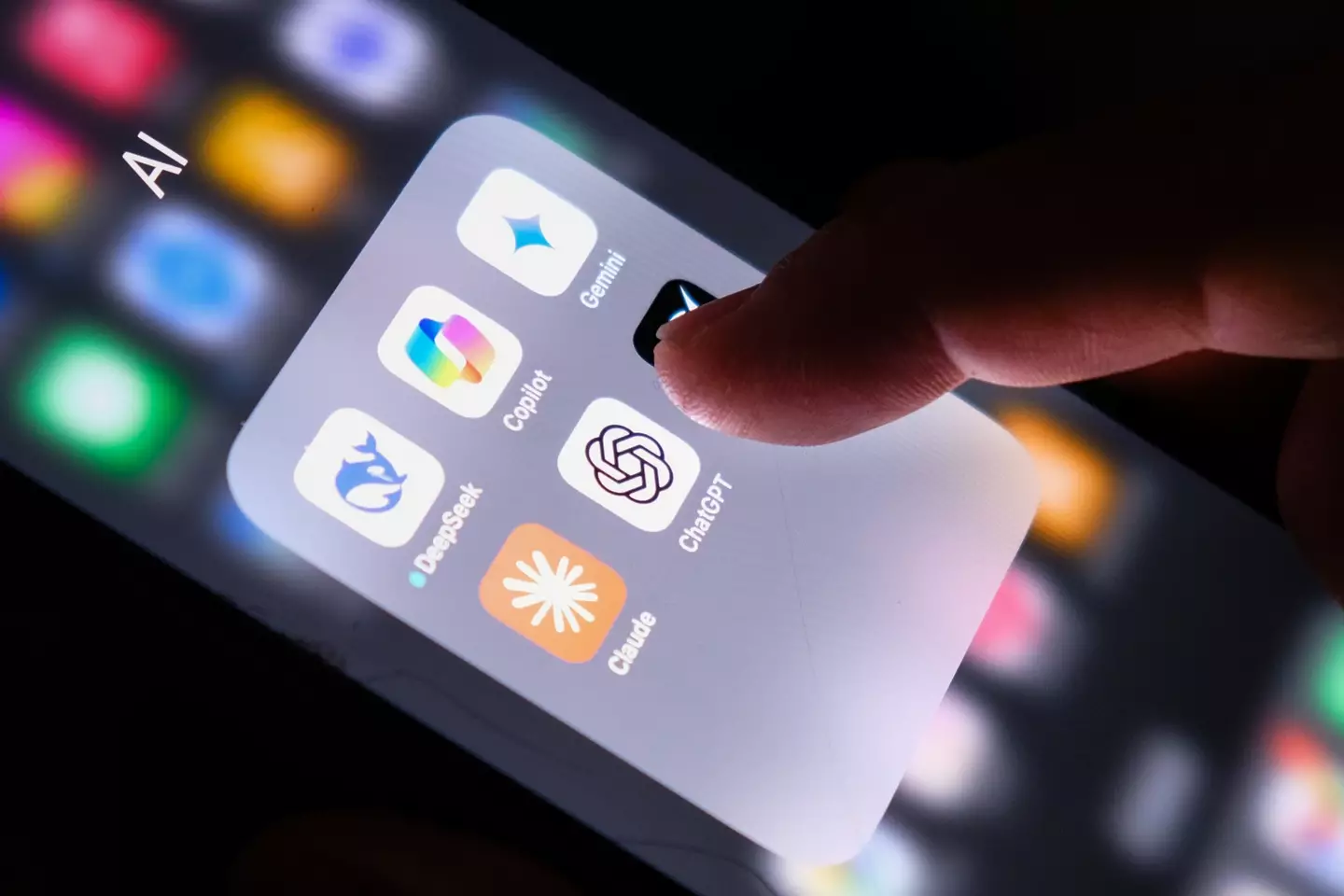
Artificial intelligence is developing at an unprecedented rate, with new research revealing that somewhere between 378 million and 900 million people actively use AI every day.
From helping with organisational tasks, to calculating math equations, writing letters and asking for recommendations, many use AI as a type of virtual assistant in their day-to-day lives.
But it's the use of AI within businesses that could be putting your job at risk - and there are some pretty specific industries that are expected to be hard hit with the rise of the technology.
Many firms have already spoken about their plans to implement AI now and in the future.
Advert
For example, Sky News reports that buy now, pay later company Klarna cut its headcount by 40 percent, while Amazon CEO Andy Jassy said he planned to 'reduce our total corporate workforce as we get efficiency gains from using AI extensively'.

It makes sense that some industries would be harder hit than others, with Microsoft putting together some research into which jobs could be eliminated.
After analysing 200,000 conversations with the Co-Pilot chatbot, the tech company found it could complete around 90 percent of the work done by historians and coders, 80 percent completed by journalists (yikes) and 75 percent carried out by data scientists.
Advert
One AI consultant told Sky: "If you were to look at these jobs in three to five years, there's a very good chance they've been replaced entirely. Except in areas where they are either relationship-driven or very judgmental."
Meanwhile, AI researcher Xinrong Zhu, an assistant professor at Imperial College London, added: "These types of jobs are by nature most likely to be replaced entirely by the tool.
"We're living in a world where we're witnessing a very important turning point."

Advert
If you want to see how your job would fare, you can see the most at-risk jobs below:
Interpreters and translators - 98%
Historians - 91%
Mathematicians - 91%
Advert
Proofreaders - 91%
Automatic machine coders - 90%
Writers and authors - 85%
Statistical assistants - 85%
Advert
Sales representatives - 84%
Technical writers - 83%
Journalists - 81%
Passenger attendants - 80%
Telephone operators - 80%
Editors - 78%
Farm and home management educators - 77%
Political scientists - 77%
Data scientists - 77%
Geographers - 77%
Announcers and radio DJs - 74%
Brokerage clerks - 74%
Web developers - 73%
Customer service representatives - 72%
New accounts clerks - 72%
Ticket agents and travel clerks - 71%
Market research analysts - 71%
Concierges - 70%
Business teachers - 70%
Personal financial advisors - 69%
Economics teachers - 68%
Management analysts - 68%
Switchboard operators - 68%
Telemarketers - 66%
Advertising sales agents - 66%
Archivists - 66%
Public safety telecommunicators - 66%
Library science teachers - 65%
Demonstrators and product promoters - 64%
Models - 64%
Public relations specialists - 63%
Counter and rental Clerks - 62%
Hosts and hostesses - 60%
Despite the alarming research, senior Microsoft researcher Kiran Tomlinson said the study 'explores which job categories can productively use AI chatbots, not take away or replace jobs'.
Topics: Technology, News, World News, Artificial intelligence